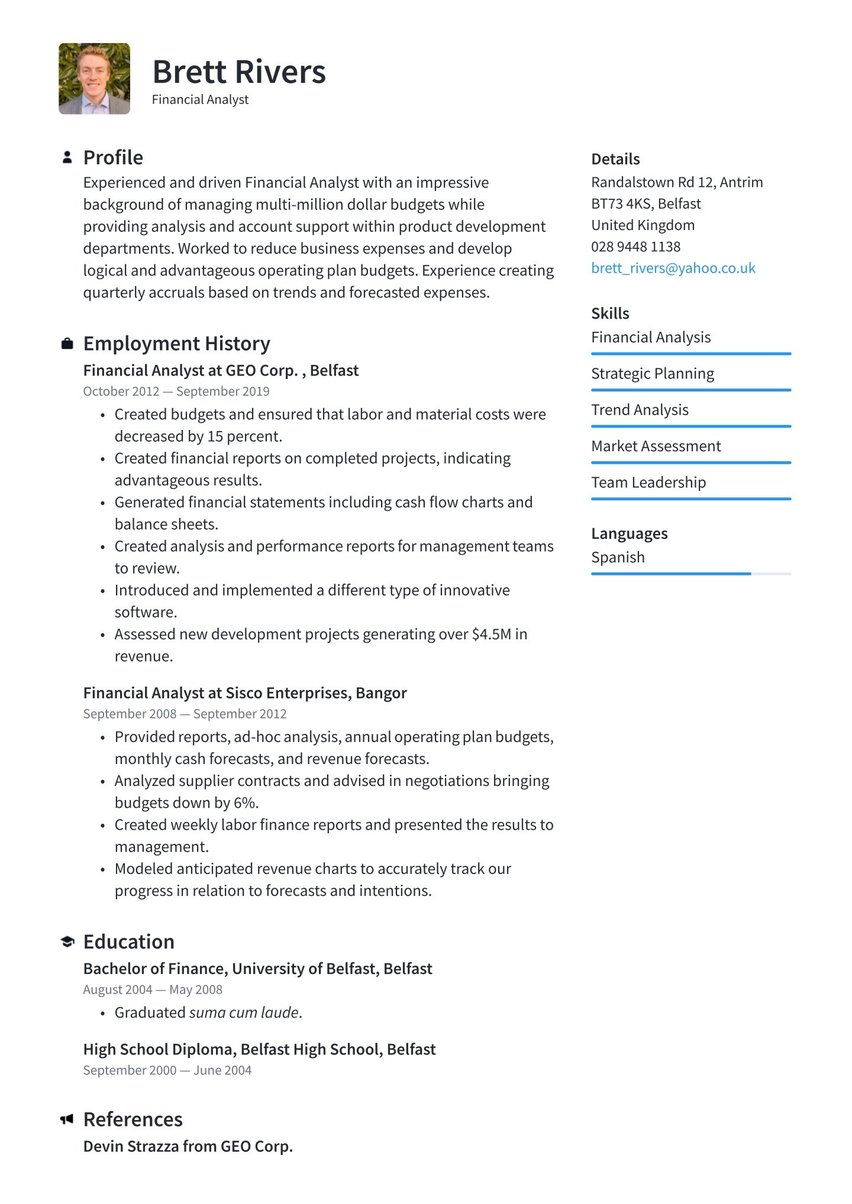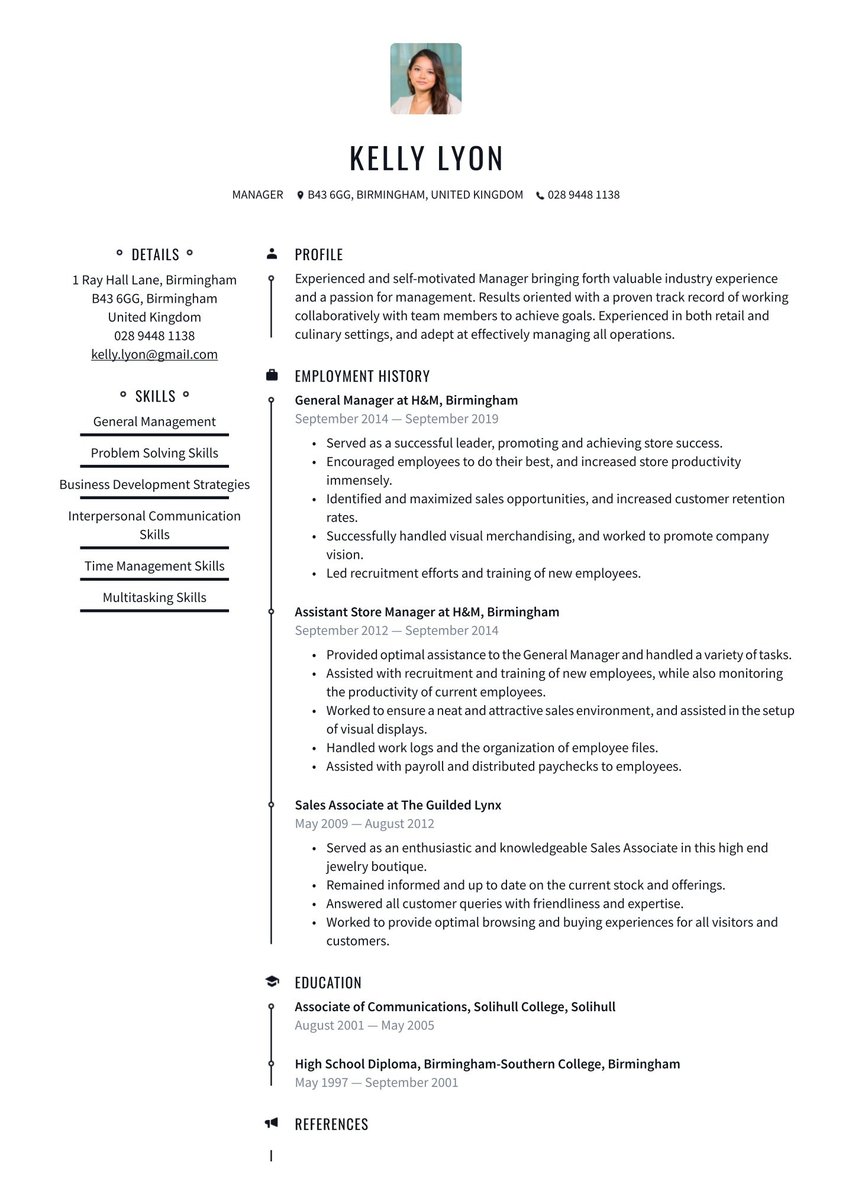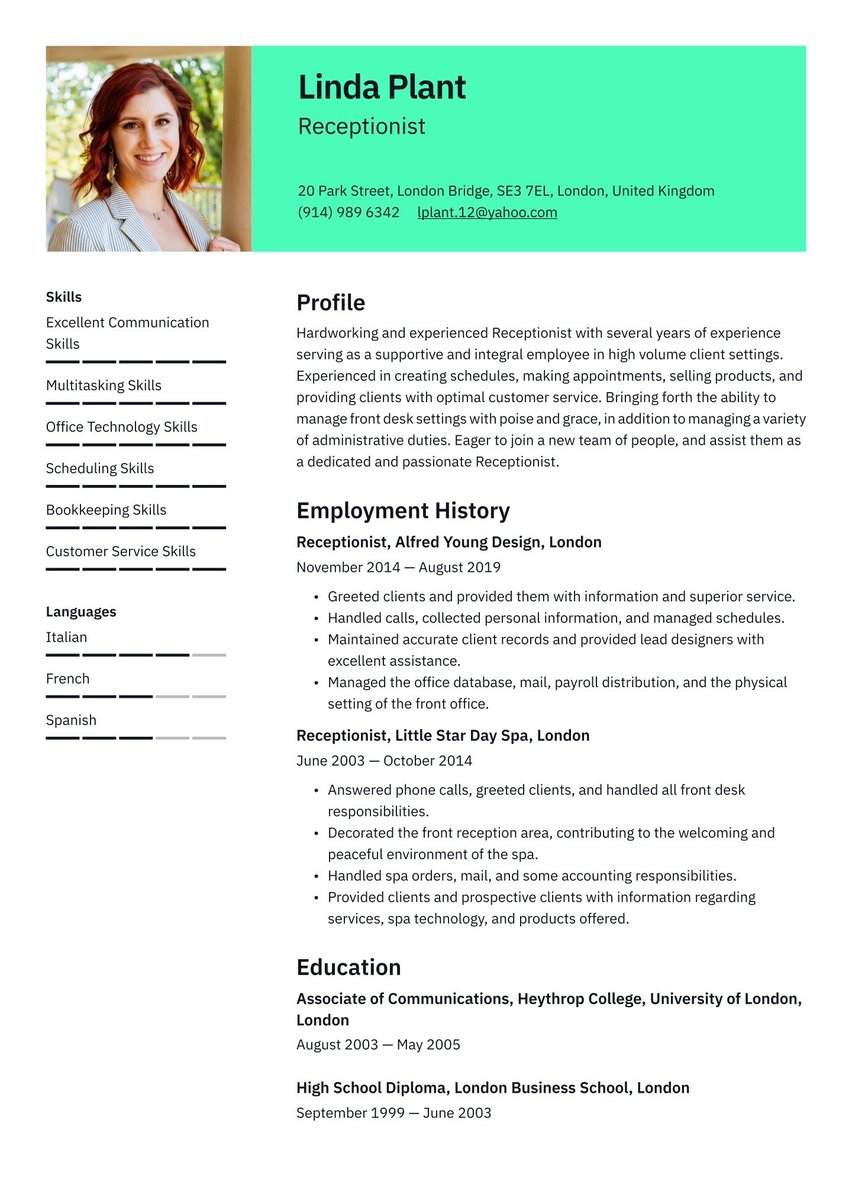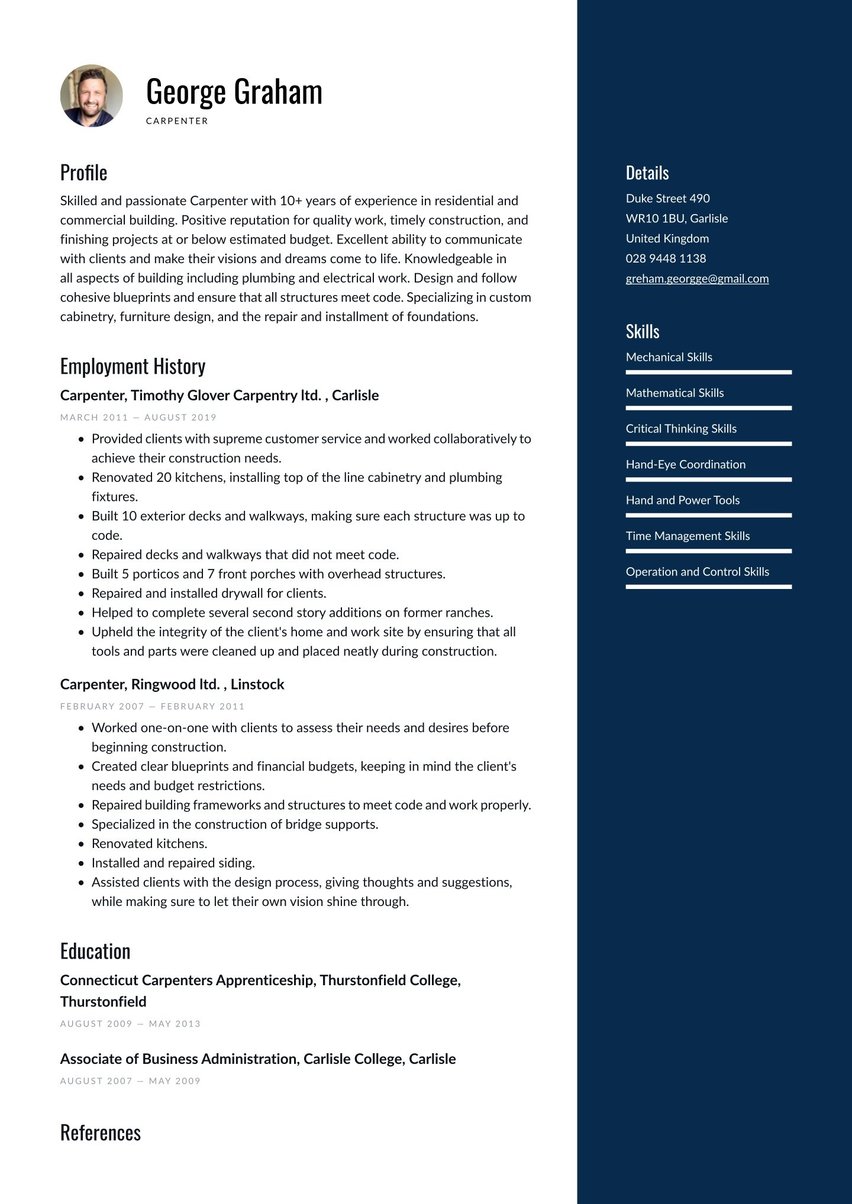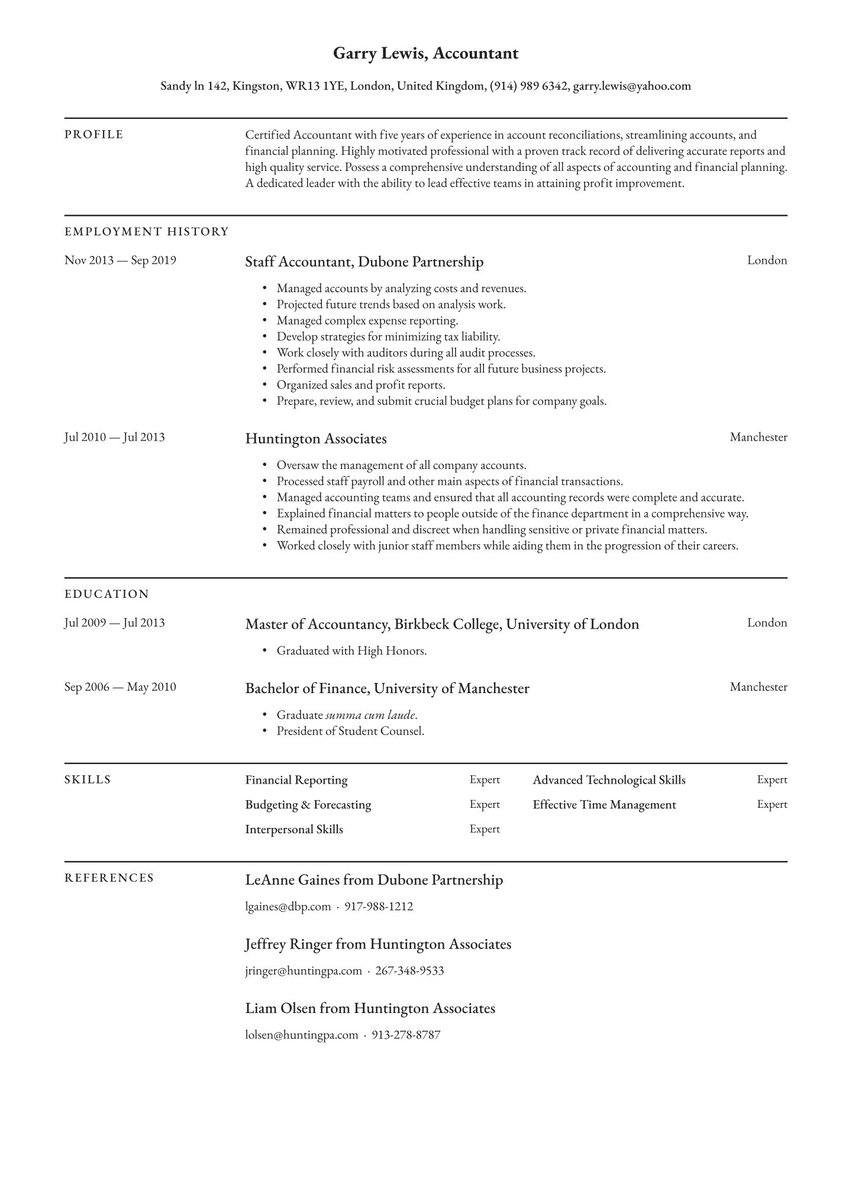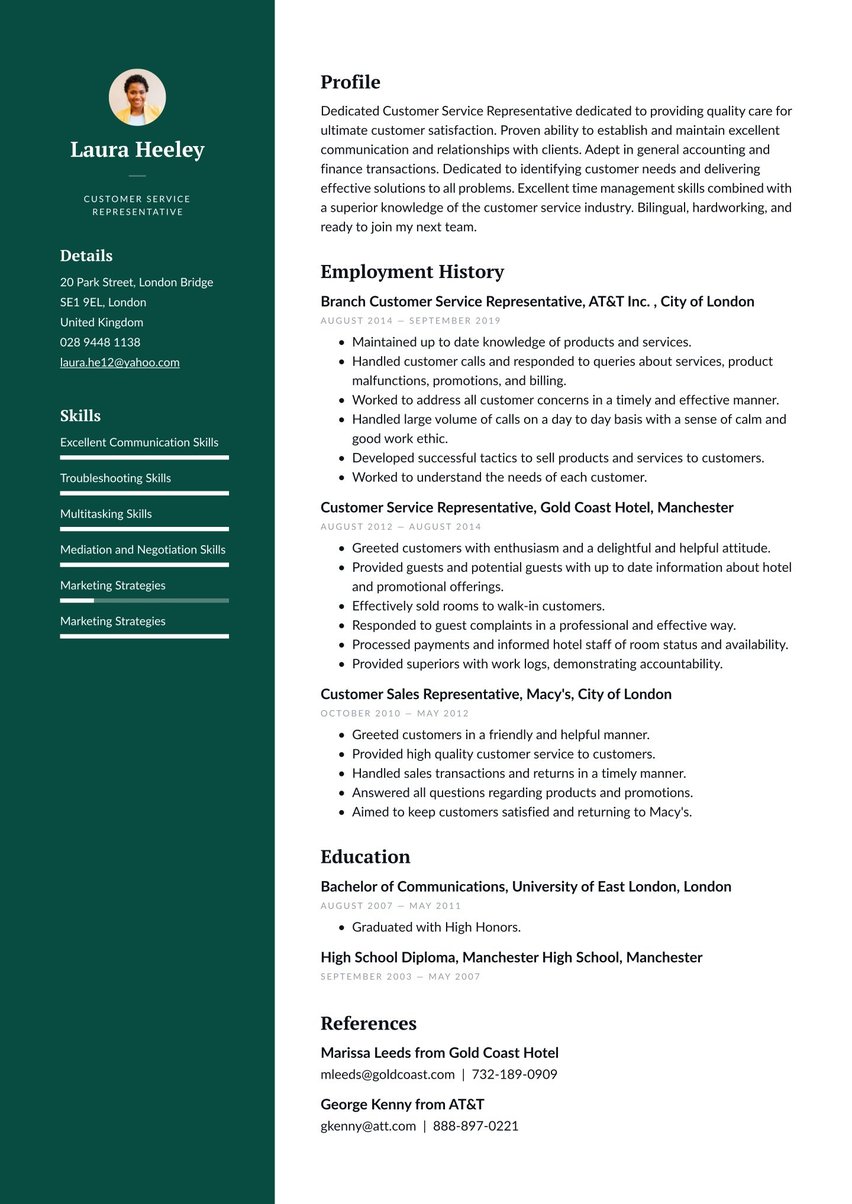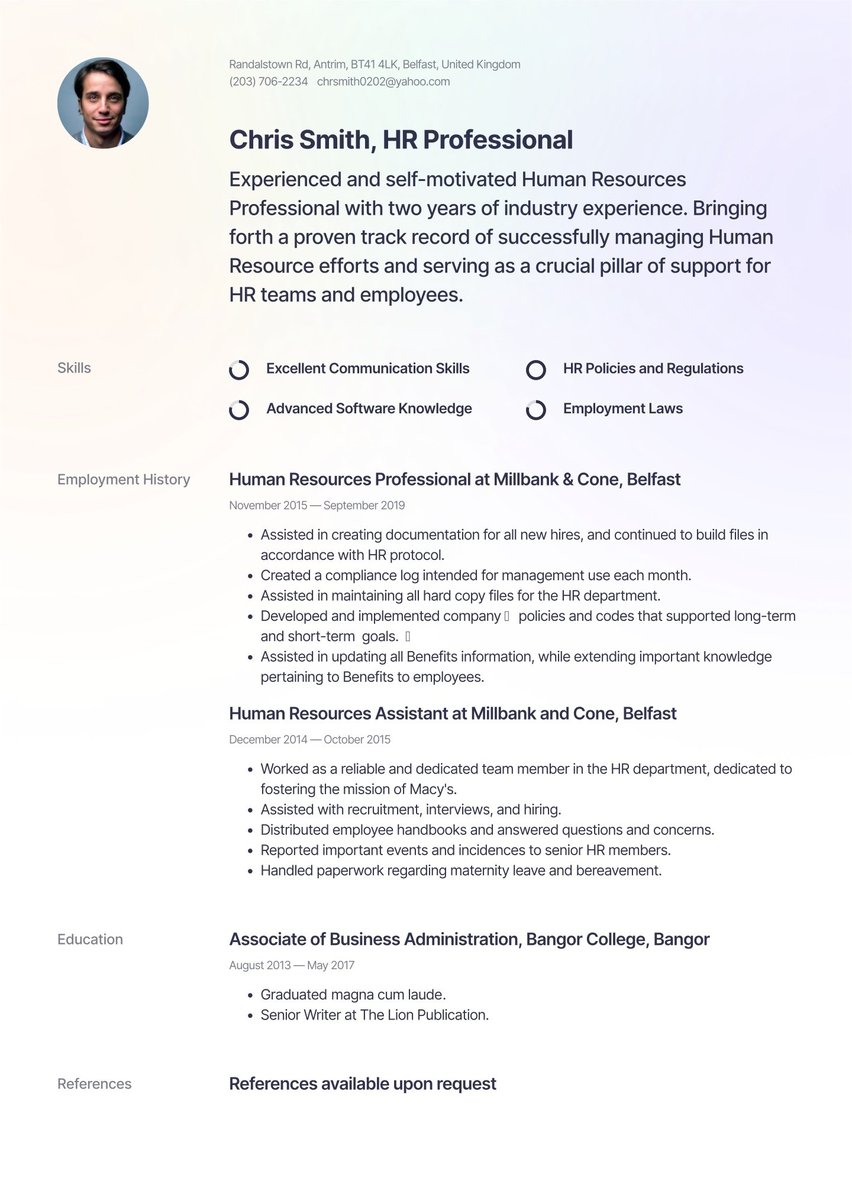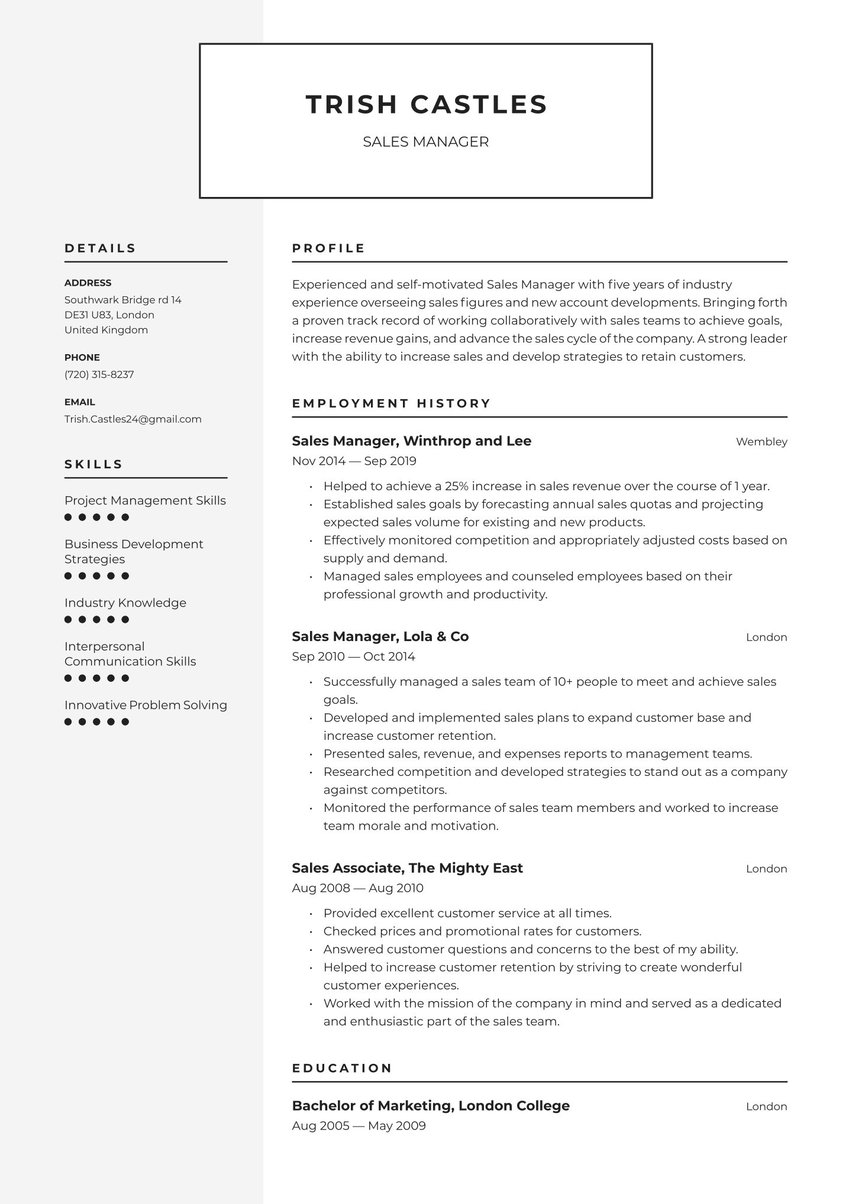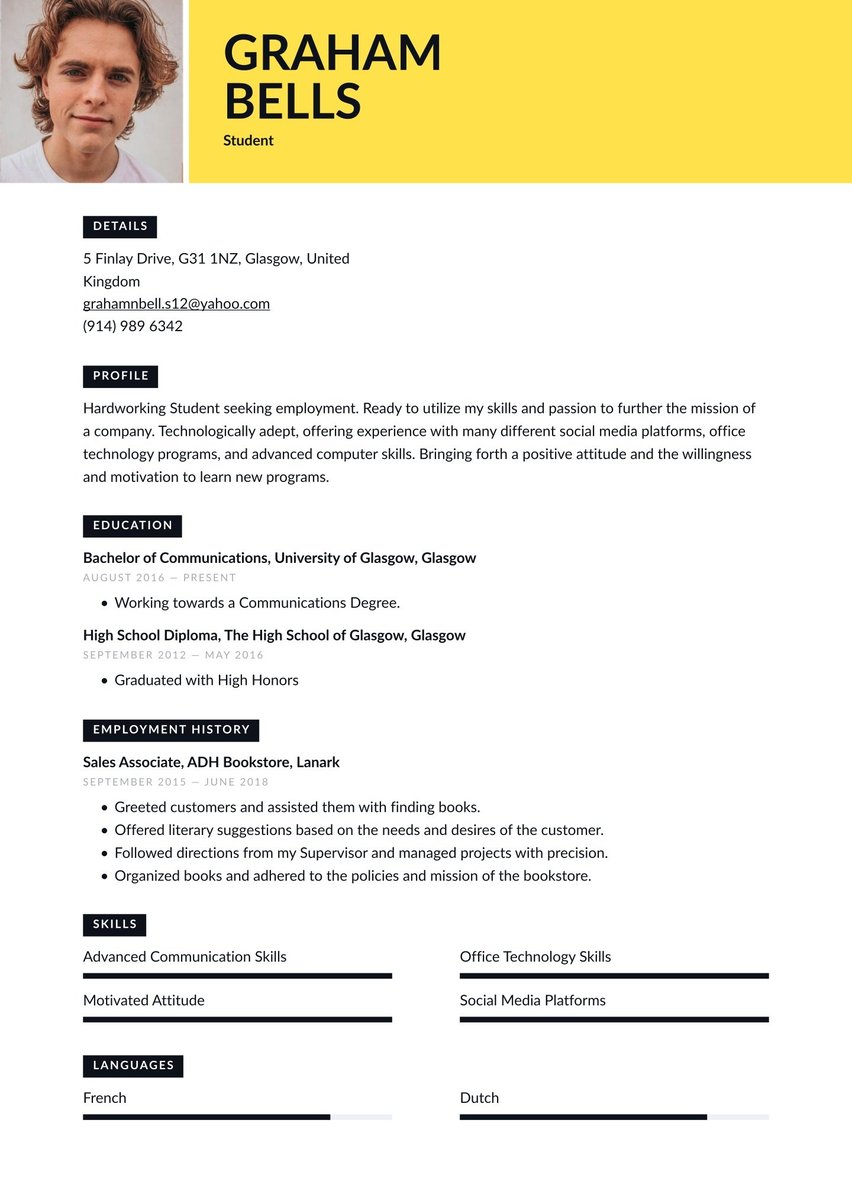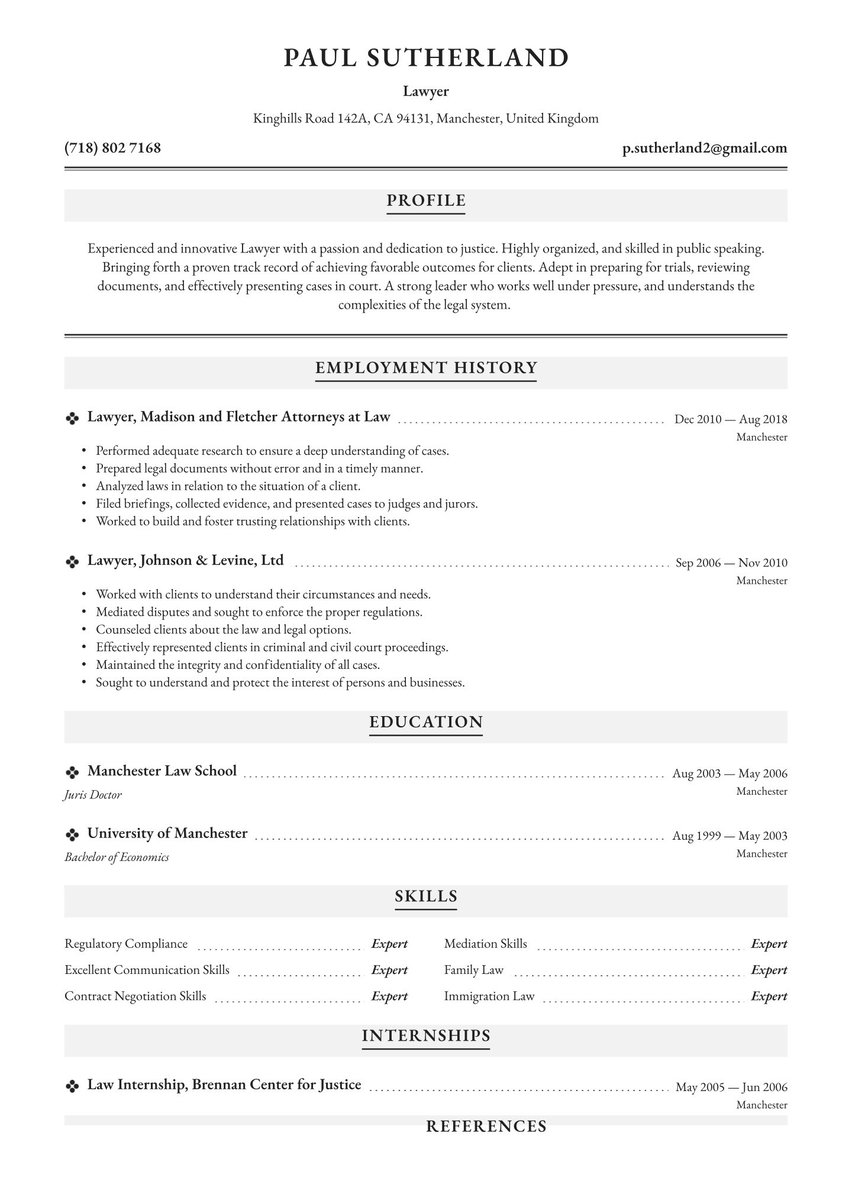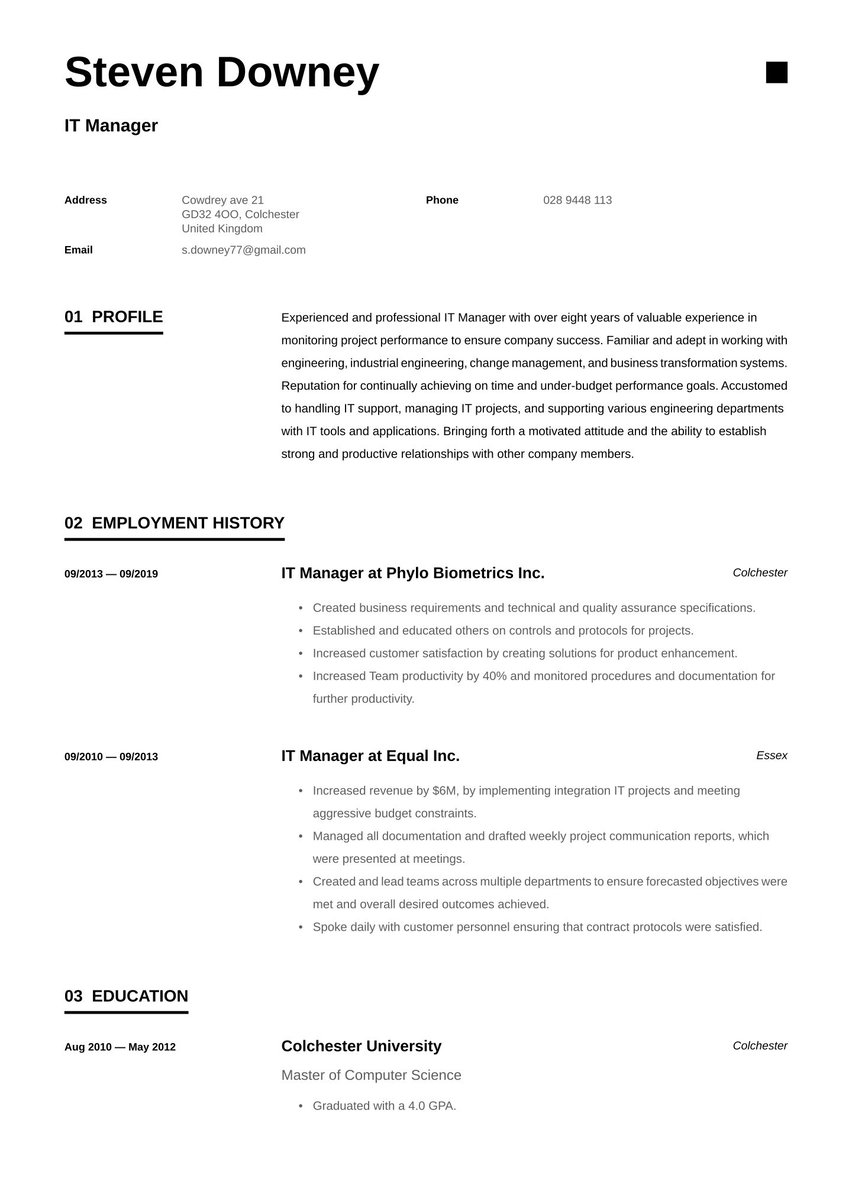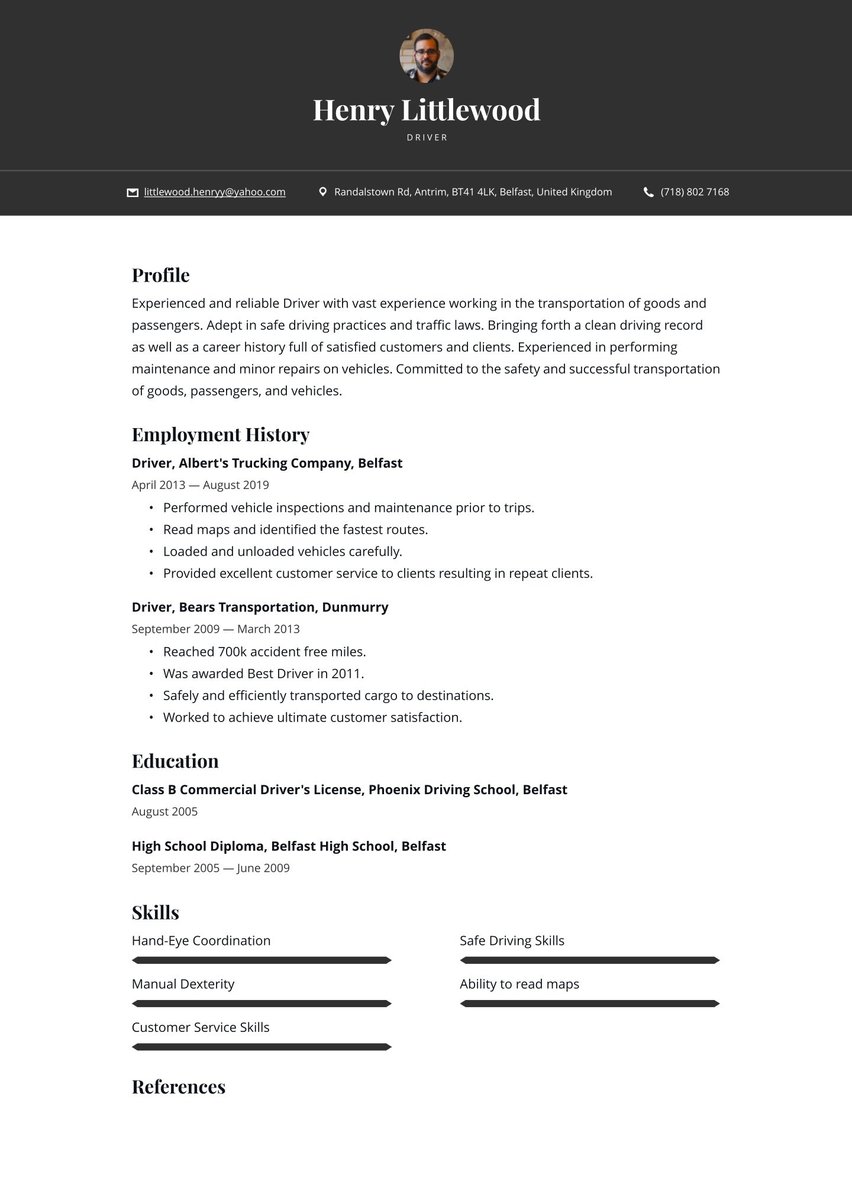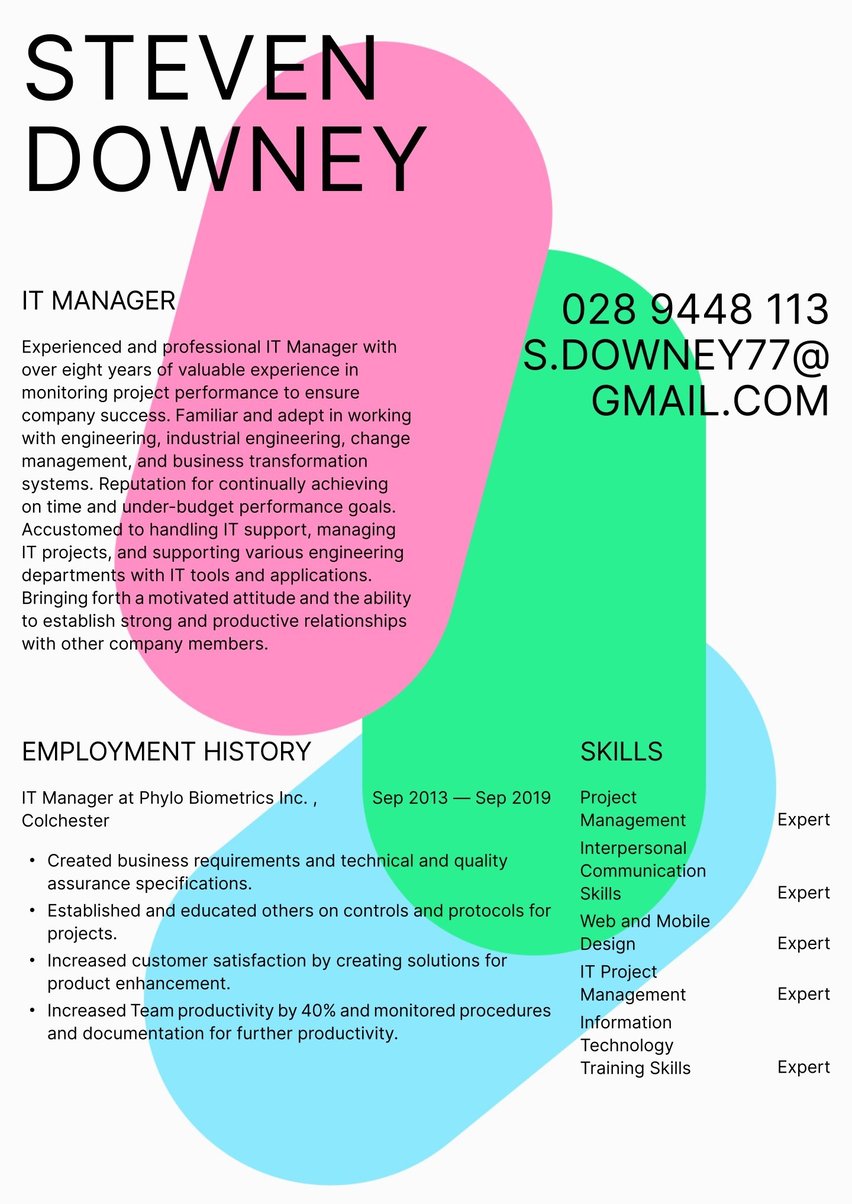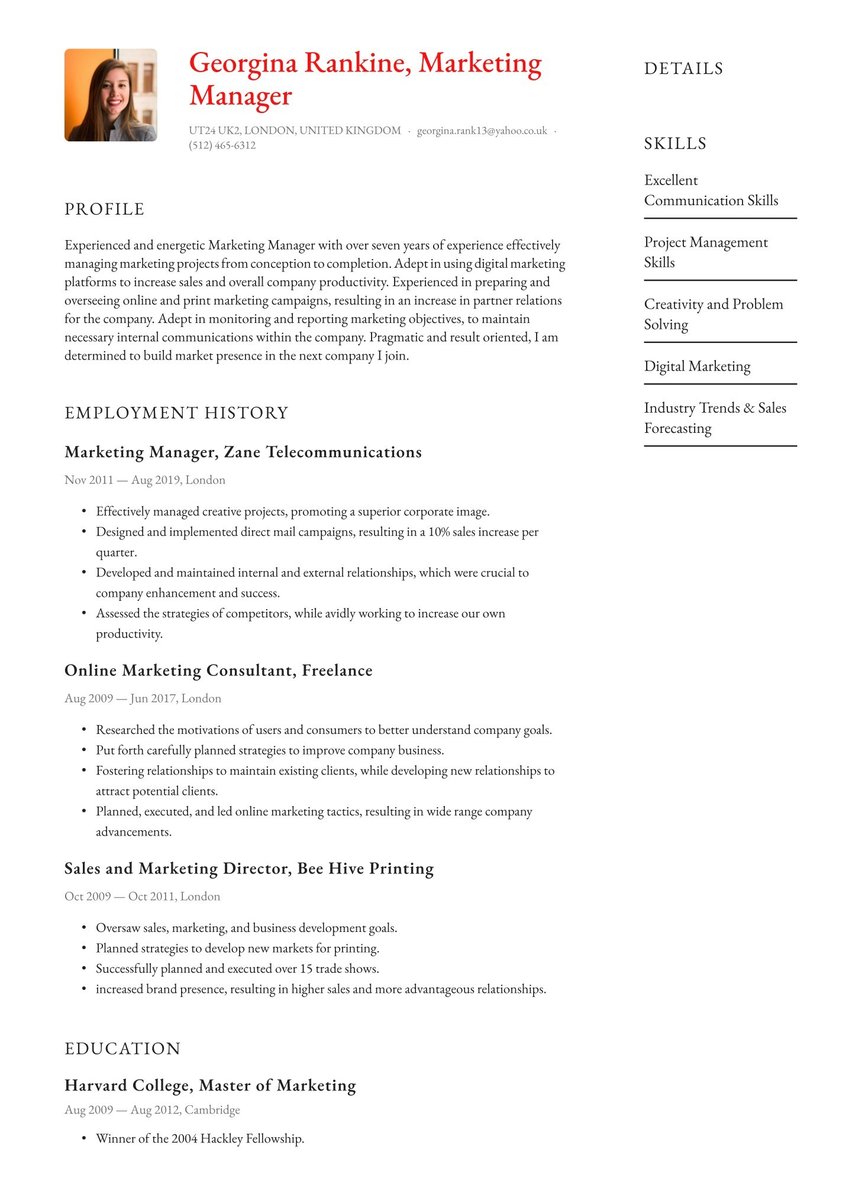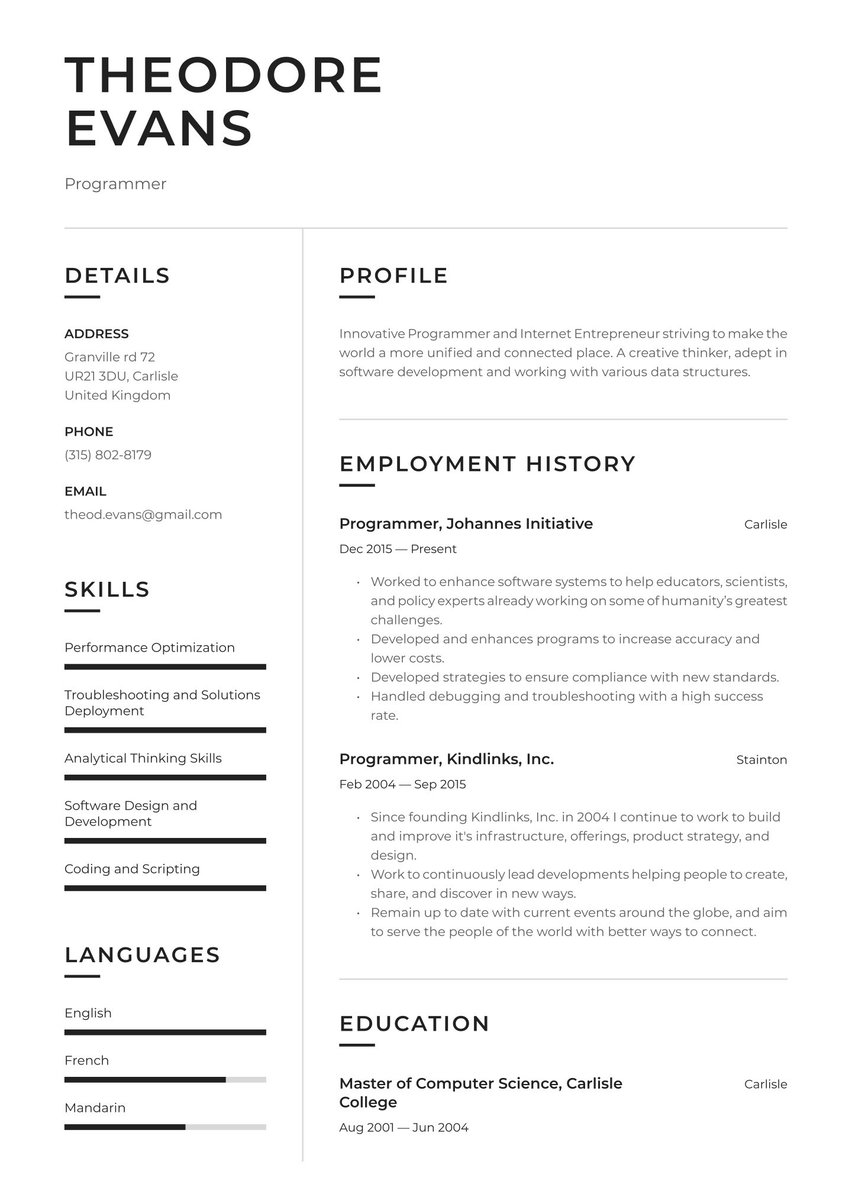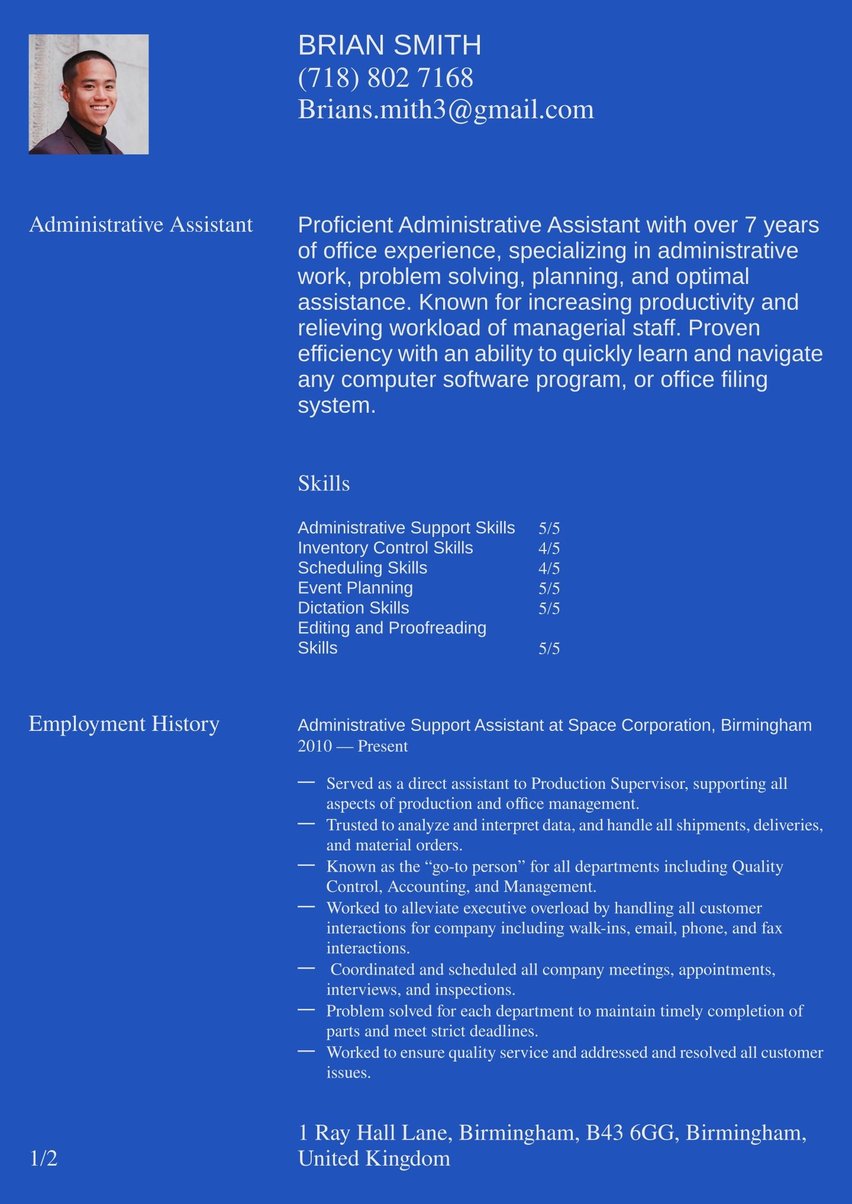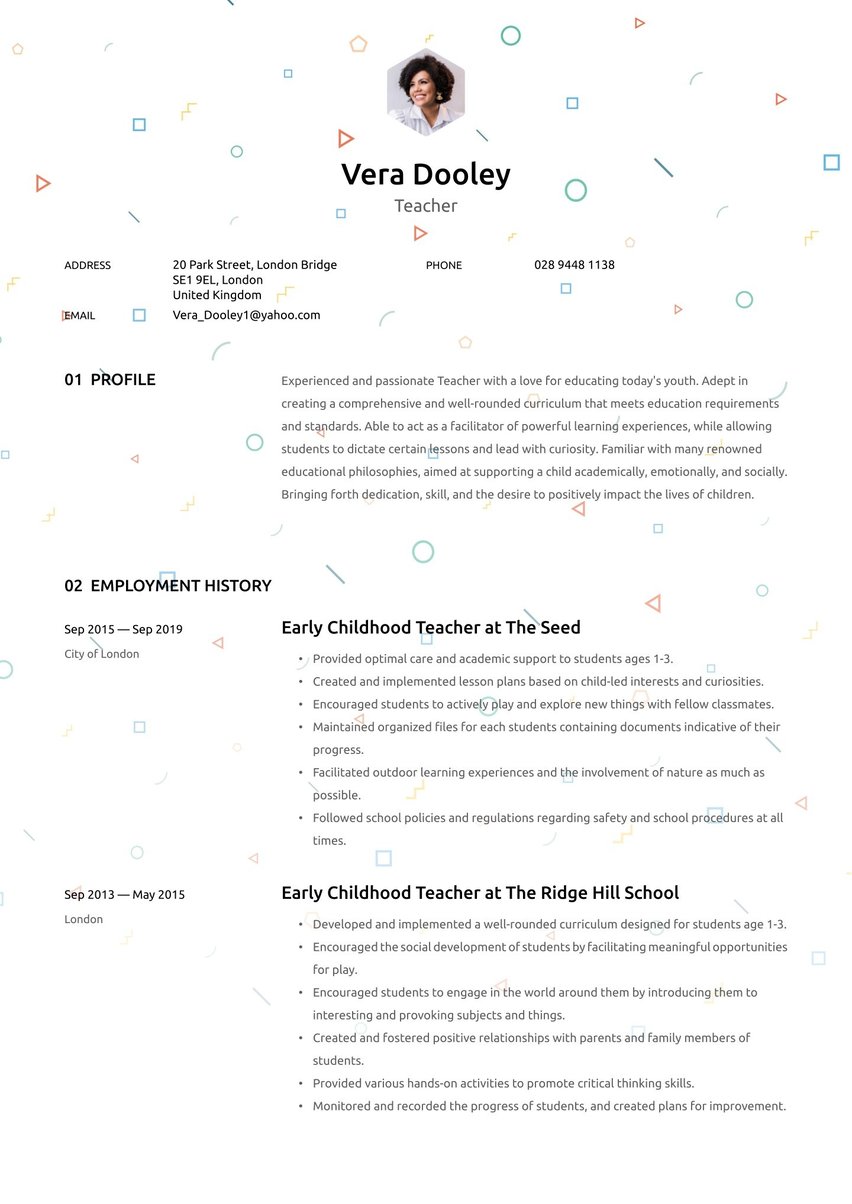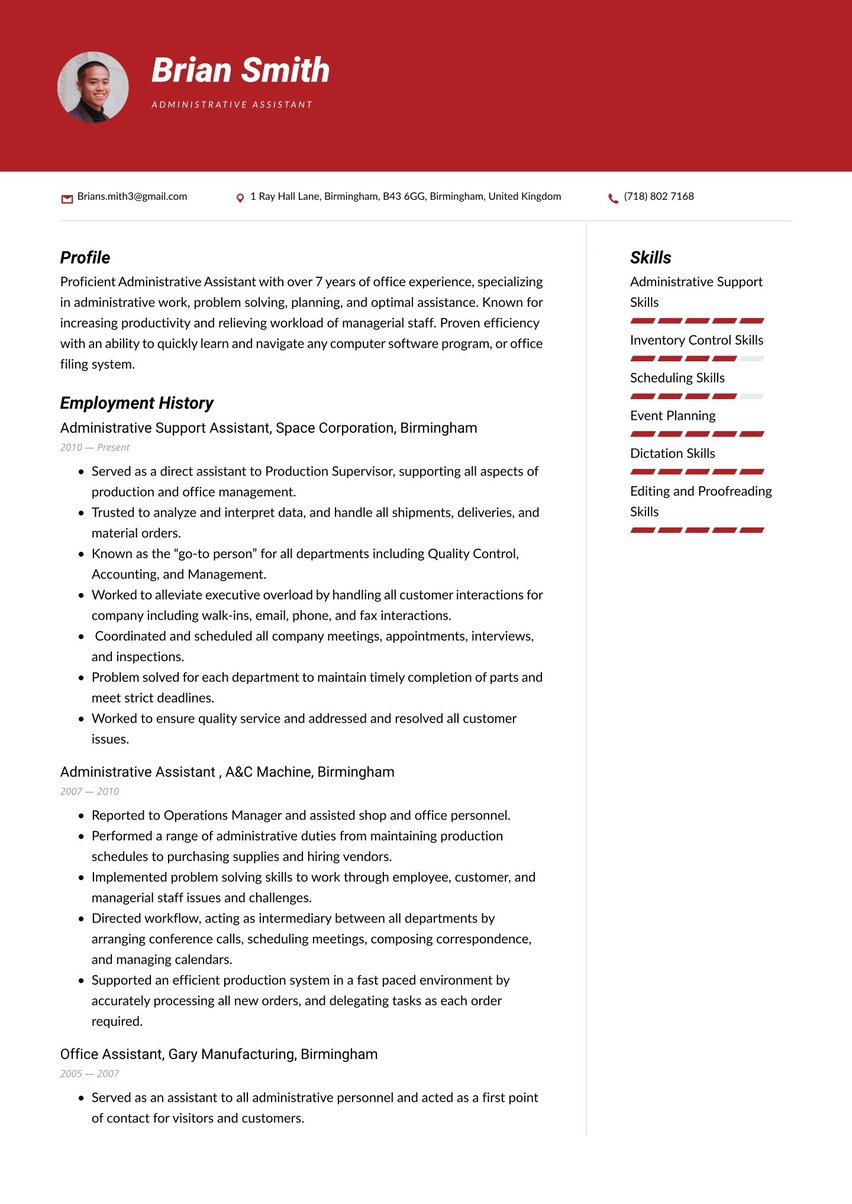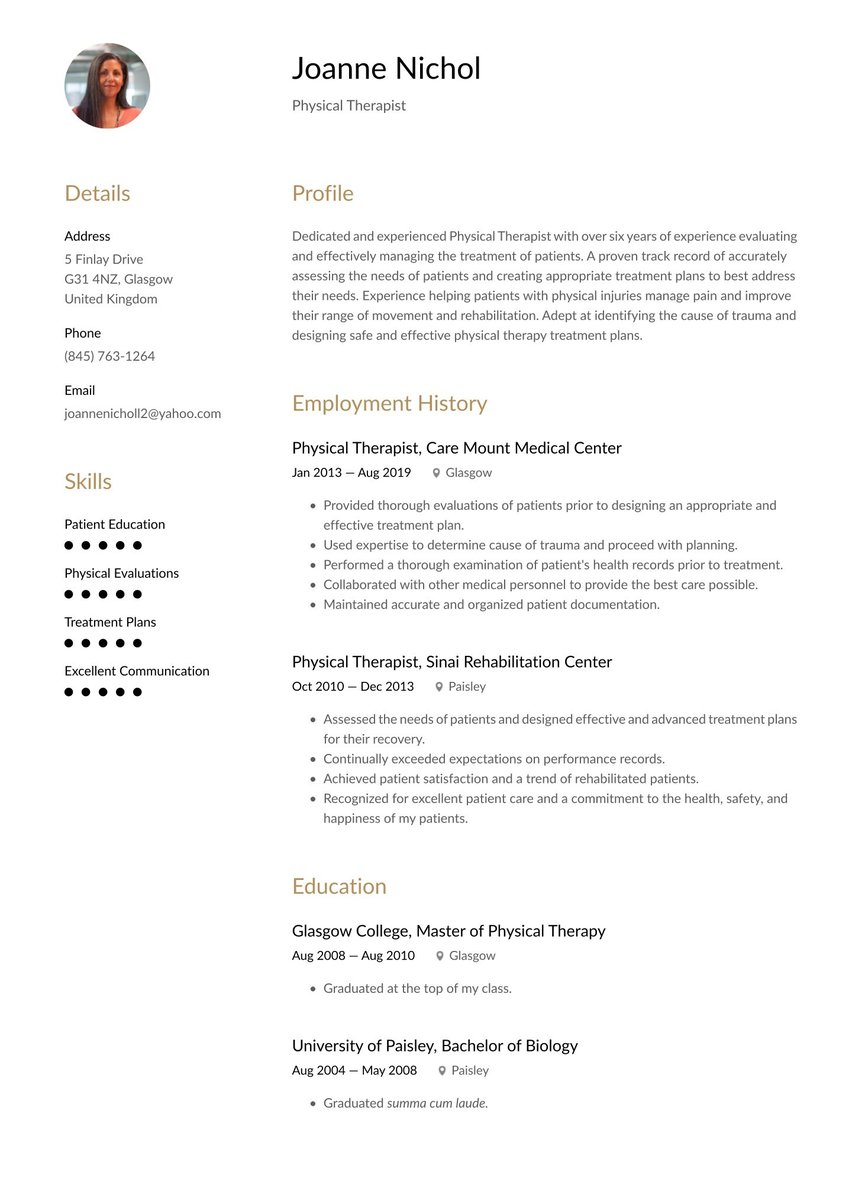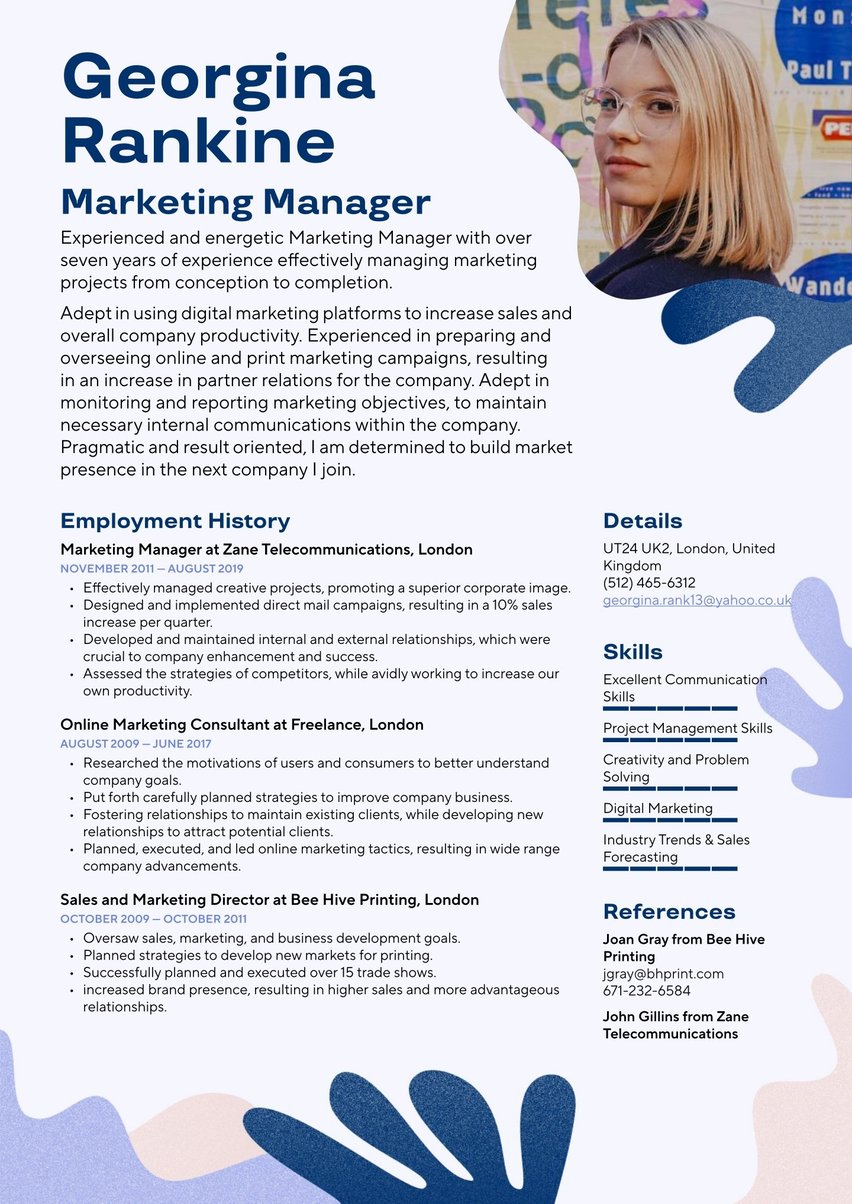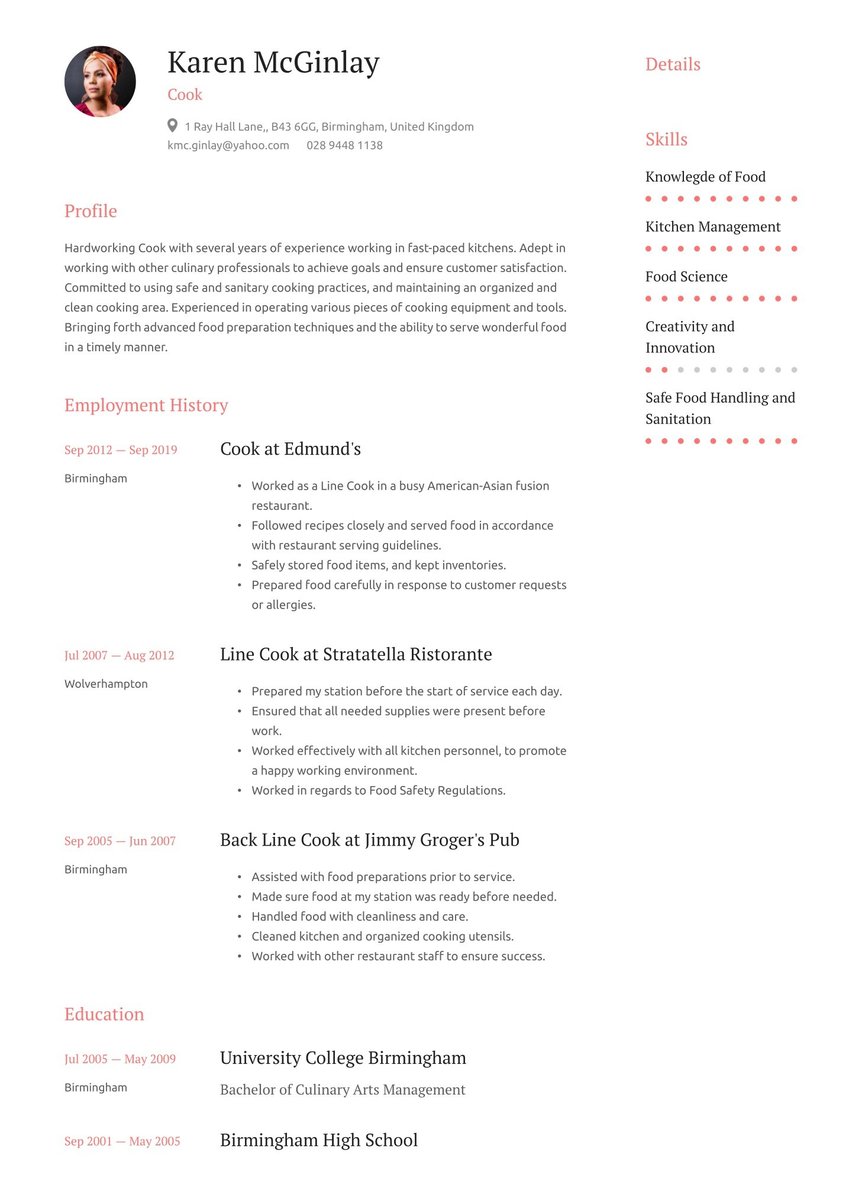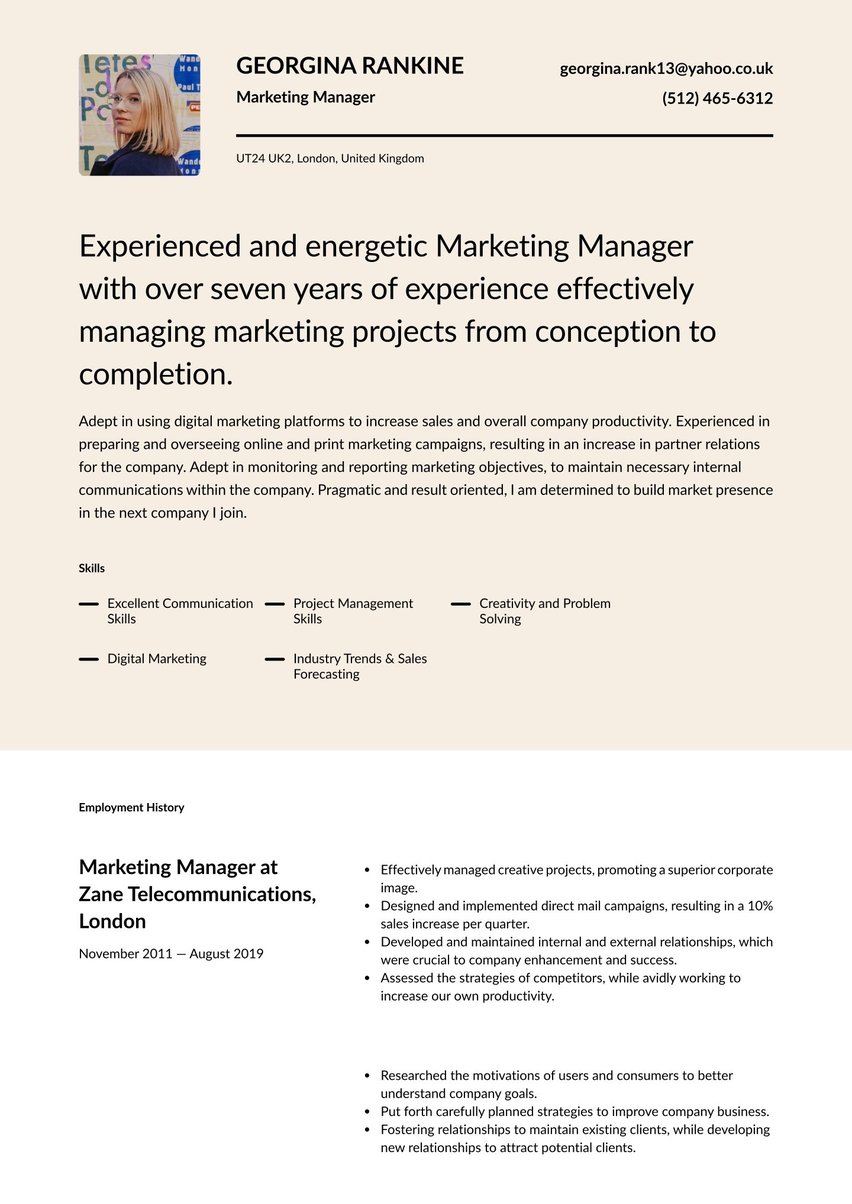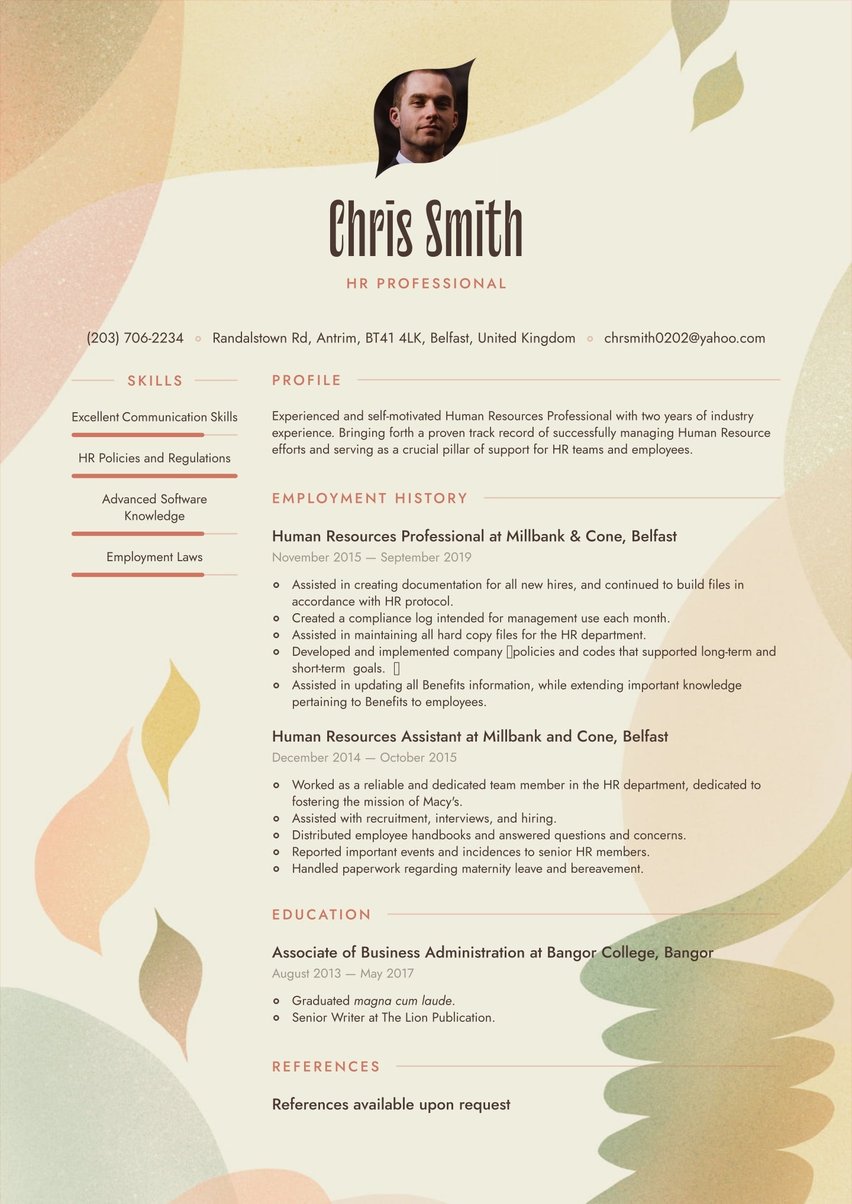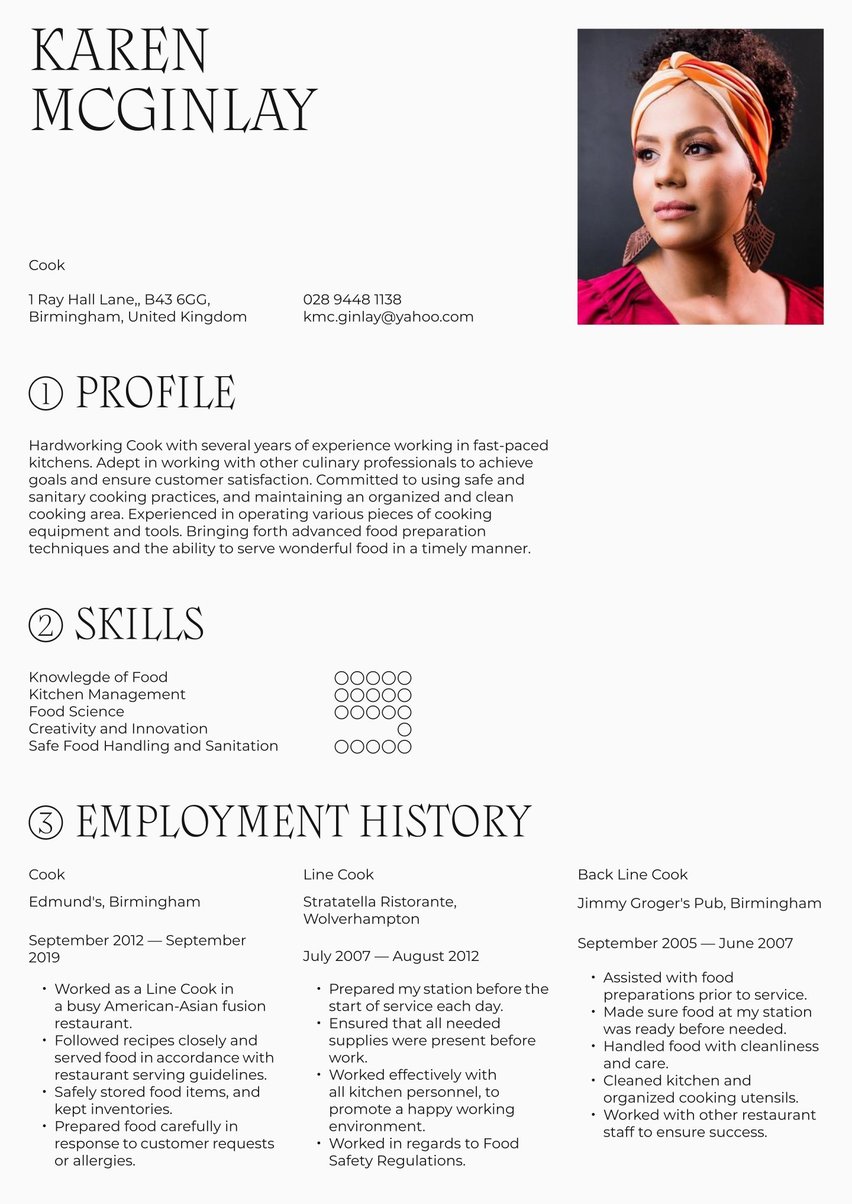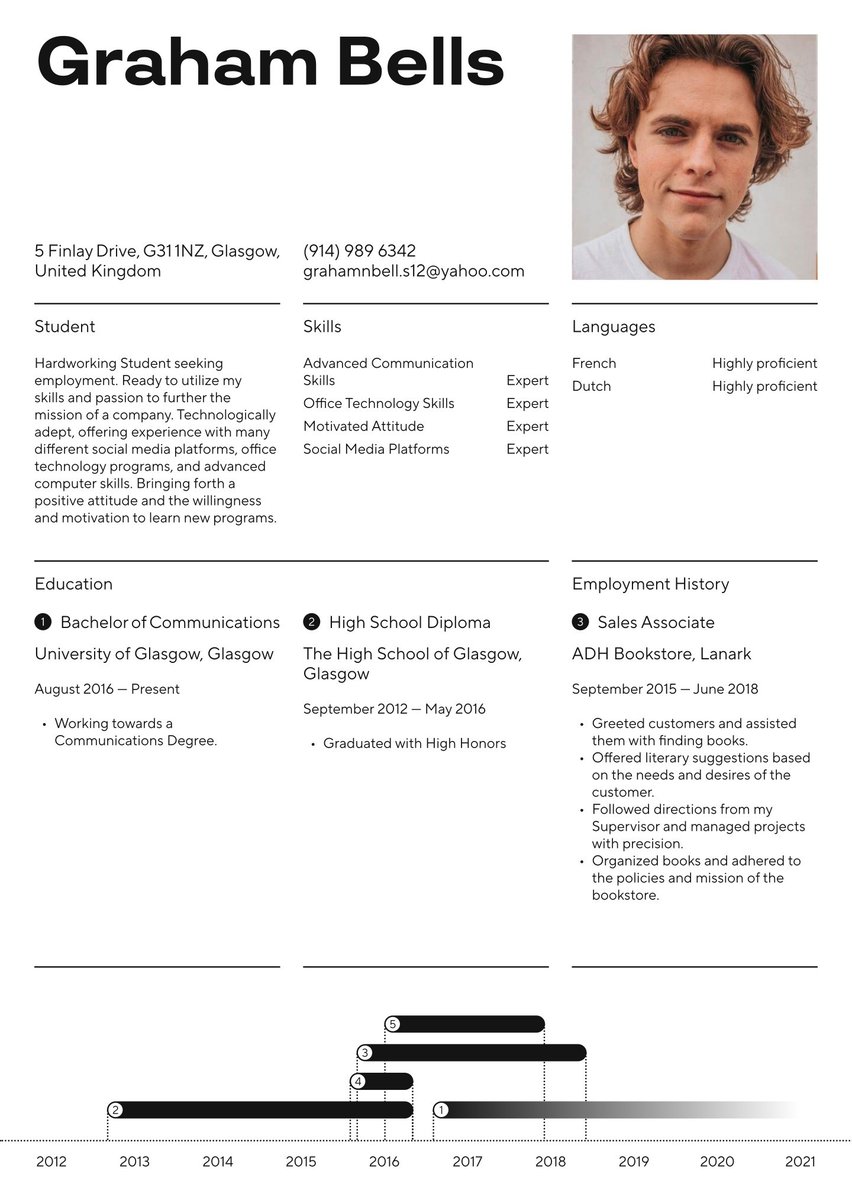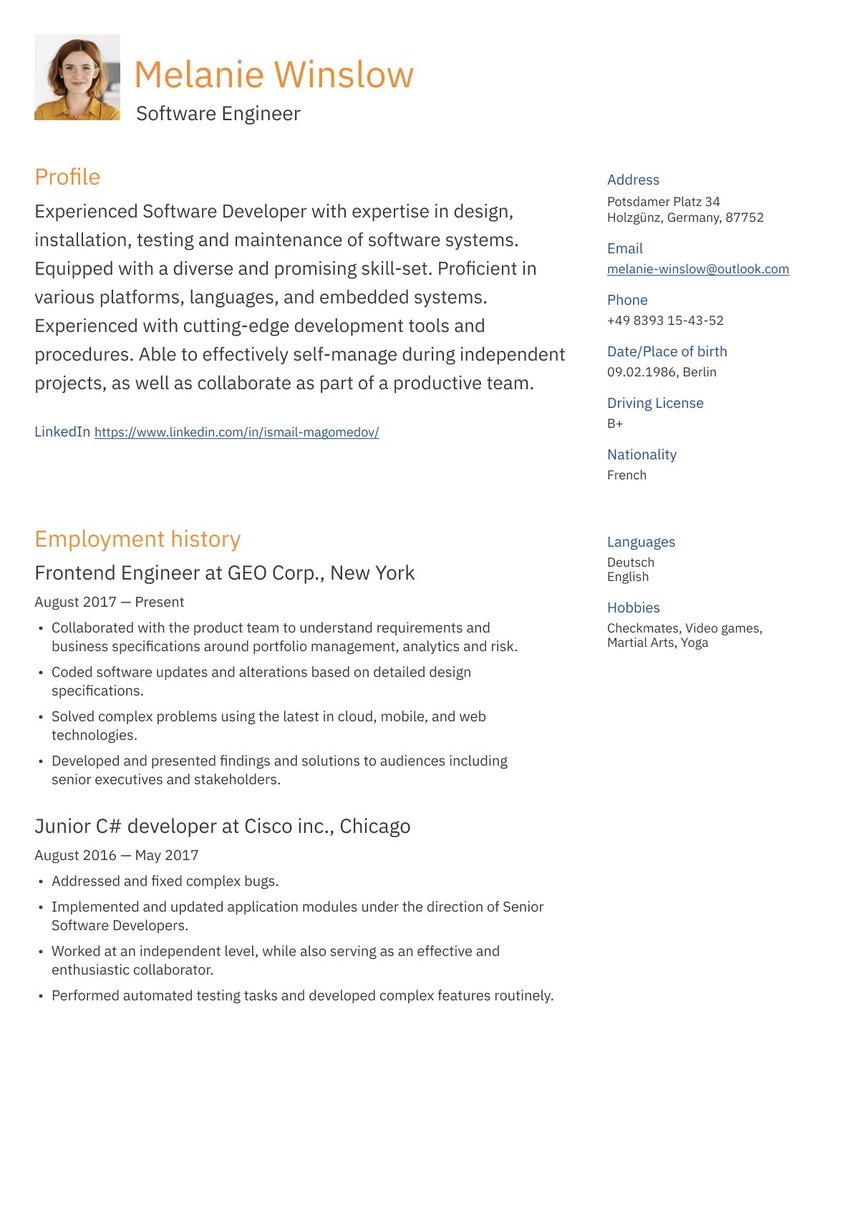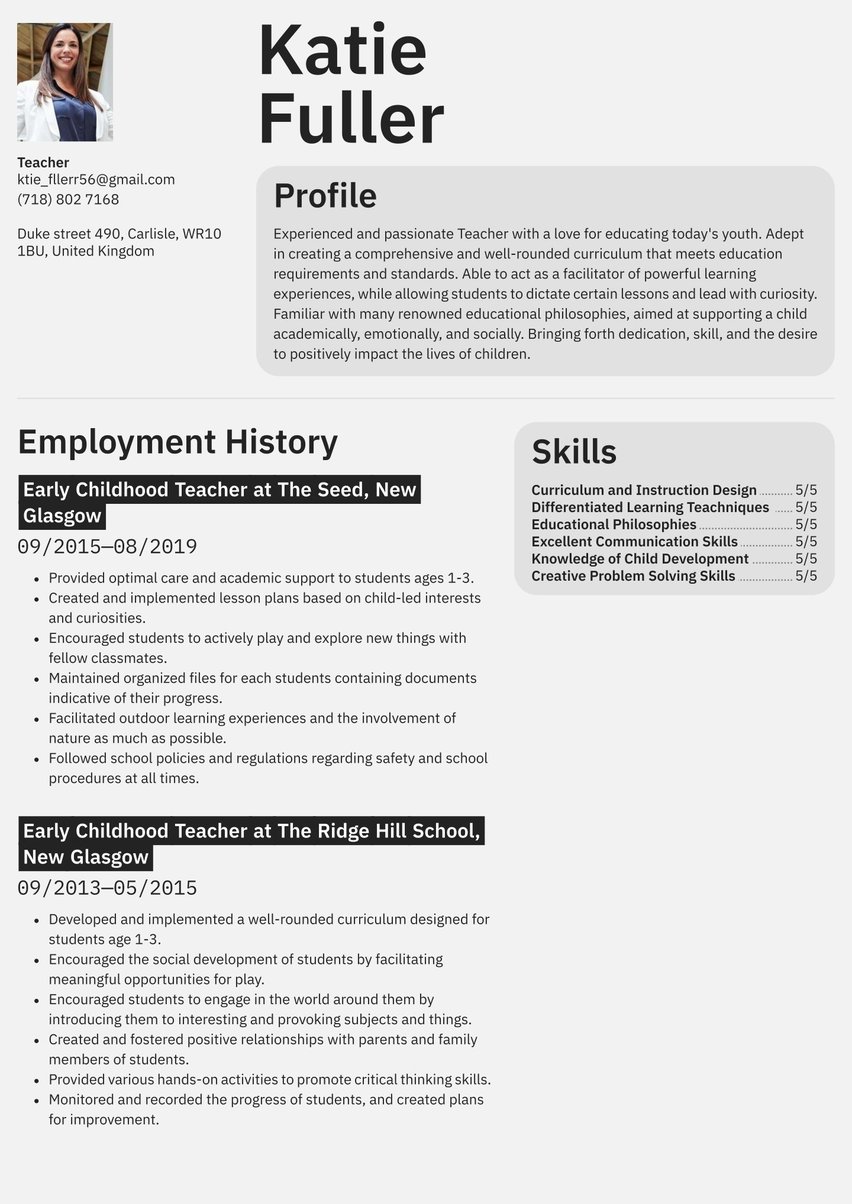Accomplished and self-directed scientist with expertise in developing, managing, and executing research programs, performing bench-level science, and analysing complex data. Skilled in planning and conducting field monitoring programs, collecting samples, and processing results in laboratory environments.
10/2012 - 08/2023, Research Scientist, Environmental Research Company, London
- Lead planning and implementation of bio-monitoring programs to evaluate fresh water river health.
- Perform extensive nutrient analysis, toxicology experiments, and herbicide studies.
- Analyse results and deliver poster presentations at conferences.
09/2010 - 06/2012, Master of Science in Biology, University of London, London
09/2006 - 06/2010, Bachelor of Science in Biology, University of Leeds, Leeds
- Scientific Research
- GCMS
- Microscopy
- Pipetting
- Sample Collection & Analysis
- Good Laboratory Practice (GLP)
- Microsoft Access
Science affects everything around us. The technologies and understanding that scientists help us to gain is a cornerstone of our society. So to be in with a chance of landing the most impactful scientist roles, you need to perfect the cornerstone of your job application: your scientist CV.
Resume.io is a comprehensive resource that helps you to ace your job application with field-tested CV examples and expert advice. This CV guide, along with the corresponding CV example will cover the following topics:
- What does a scientist do?
- How to write a scientist CV (tips and tricks)
- The best format for a scientist CV
- Advice on each section of your CV (summary, work history, education, skills)
- Professional CV layout and design hints.
What does a scientist do?
As a scientist, you have a deep curiosity about the world. Scientists come in many forms and can play a variety of roles in multiple sectors. Your role may involve elements of research and teaching. However, you could also be helping to develop products or to keep the world around us safe. In fact, you’ll be hard-pressed to find a sector that didn’t have some input from a scientist along the way.
If you are pursuing a career in research, then you could find yourself working for educational institutions, public bodies, or even private companies. Your career may revolve around physics, chemistry, biology, or other scientific sectors. Regardless, your skills are important to a whole host of industries.
According to the 2022 New Scientist Jobs Global Employment Report, of all the respondents engineers had the highest average annual salary in the UK at £55,881.
This was higher than the average UK salary of respondents, which was £45,935. Although, this is still the highest national average in the survey’s history.
As a scientist, you have pursued some form of higher education to gain the skills needed for this highly technical pursuit of knowledge. However, there are roles that are exceptions. Many lab assistant roles can be good starting points for young scientists keen to gain some experience in the real world before committing to further studies.
The majority of salaries for UK scientists surveyed fell between £20,000 and £29,000 and 6% earned above £100,000, according to the 2022 New Scientist Jobs Global Employment Report.
How to write a Scientist CV
The very first step in writing your scientist CV is understanding what sections to include. Your CV should contain the following elements:
- The CV header
- The CV summary (aka profile or personal statement)
- The employment history section
- The CV skills section
- The education section
According to the ONS, 2.8 million people were employed in professional scientific and technical occupations from July until September 2022.
Choosing the best CV format for a scientist
Just like carefully presented results from your research, it’s important that your CV meets the expected format in order to be well understood by the hiring manager.
It’s understood in most roles as a scientist that the reverse chronological is the best CV format to choose. If you are working in a particularly specialised field you could explore the possibility of a functional CV format. This will focus on specialised technical skills rather than your previous employment.
Our CV example throughout this guide will focus on the reverse chronological format, since this is the most common for the majority of scientist roles.
CV summary example
Your CV summary should focus on creating a snapshot of why you’re the scientist for the job. This is no time for experimentation — state in no uncertain terms to the hiring manager why you possess the skills and experience required. Limit your summary to three or four sentences.
The trick to this is focusing on shorthand ways of communicating your professional worth. The best approach tends to be reading the job description and choosing the most relevant achievements and skills to include.
Think of your summary as the abstract of your scientist CV. The hiring manager will likely read your summary before deciding whether or not the rest of your CV example is worth reading in full.
So, remember to mirror the language and keywords that are used in the job description, only of course if they are relevant to you. That way you can make sure you and the hiring manager are speaking the same language.
Accomplished and self-directed scientist with expertise in developing, managing, and executing research programs, performing bench-level science, and analysing complex data. Skilled in planning and conducting field monitoring programs, collecting samples, and processing results in laboratory environments.
Employment history sample
Your employment history is likely the most important section of your scientist CV. So make sure yours is clearly organised and contains relevant cases for why your experience is relevant to this particular scientist job posting. Create a subheading for each previous role with the job title, name of the company, dates of employment, and location of the job.
Underneath these subheadings is where the magic happens. Include several bullet points that highlight your most important achievements or responsibilities during your time in the role. You should tweak these for each application so that they speak to the skills required from the particular scientist position that you’re applying for.
Research Scientist at Environmental Research Company, London
October 2012 - Present
- Lead planning and implementation of bio-monitoring programs to evaluate fresh water river health.
- Perform extensive nutrient analysis, toxicology experiments, and herbicide studies.
- Analyse results and deliver poster presentations at conferences.
If you’re looking for some more ideas on how to write your employment history section, consider checking out our:
CV skills example
Your CV skills section will be particularly important for specialised roles. Regardless of your CV format, this is the section where you should list your most relevant abilities. This is a great place to target any keywords from the job description that you haven’t managed to include elsewhere in your CV yet. Remember to keep it honest.
List your skills in order of how they should be prioritised for the role you’re applying to. If you are using the reverse chronological CV format, four to seven bullet points of your top skill should do the trick. Check out our CV sample content below for some ideas.
- Scientific Research
- GCMS
- Microscopy
- Pipetting
- Sample Collection & Analysis
- Good Laboratory Practice (GLP)
- Microsoft Access
Write with the ATS in mind
Don’t forget that before a hiring manager reads your scientist CV, your job application will likely have to pass the ATS. ATS stands for Applicant Tracking System. It’s an algorithmic software that filters the least relevant job applicants out before sending the top ranking ones across to the hiring manager.
Make sure that you make the cut by repeating keywords from the job description in your CV.
Scientist CV education example
Your education section of your CV, like the previous employment section, should be written in reverse chronological order. That means your most recent qualification should be listed at the top of the document with the name of the qualification, the institution you studied at, dates of attendance, and location.
If you have pursued higher education, there is no reason to include your secondary education in your CV example. Take a look at our CV sample content below to see what this looks like in action.
Master of Science in Biology, University of London, London
September 2010 - June 2012
Bachelor of Science in Biology, University of Leeds, Leeds
September 2006 - June 2010
CV layout and design
Aesthetics may not necessarily be everything in science. However when communicating your rigorous skills and dedication to your field, looks do matter on your scientist CV. Give your CV example a clear design with a simple colour palette that makes each section easy to read.
If visual design is not your thing, you could save some time by checking out our CV templates.
Key takeaways for a scientist CV
- Scientists will continue to be an important part of the world around us, but a top scientist CV is still essential for landing those ideal jobs.
- Make sure you take the time to choose the best format for your scientist CV.
- Position yourself as the scientist for this particular job with a well-curated CV summary.
- Your CV example is not complete without a clear design and layout.

